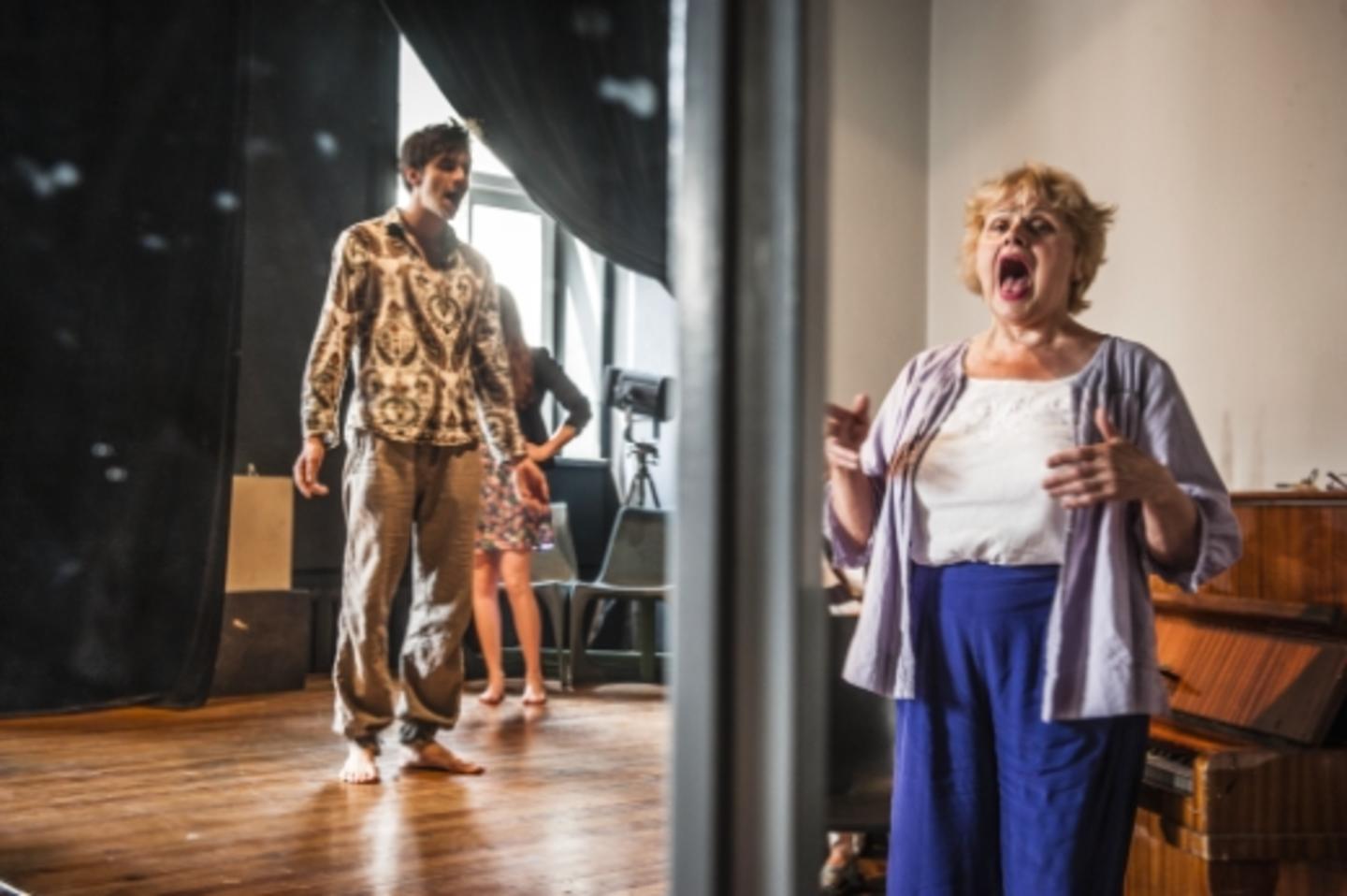Under the EEA Grants, programmes on cultural and natural heritage amounting to almost €190 million are being set up in 14 European countries. Partnerships with cultural players from Iceland, Liechtenstein and Norway are a central feature in many of these programmes. Yesterday’s kick-off conference in Oslo brought together the national programme operators from 12 beneficiary countries and Norwegian cultural players to discuss the potential for European cooperation projects under these programmes. The conference was organised by the Norwegian Directorate for Cultural Heritage and the Arts Council Norway, who are involved in the implementation of several of the programmes.
Vibeke Rysst-Jensen, speaking on behalf of the Norwegian Ministry of Foreign Affairs, gave examples of how the grants stimulate social inclusion and mutual understanding. She also spoke about their role for accelerated learning, which is one of the major benefits of cross-border cooperation.
Keynote speaker Zora Jaurova (Slovakia) followed up on these topics. Speaking from personal experience she pointed out how important it had been for her to take part in a cultural exchange in Norway at the Arts Council. Her time there had inspired her to think about ways of developing a similar system for the then emerging arts policy in Slovakia. Although this system has not yet been implemented in Slovakia, she stressed that cultural players in her country had learnt a lot through cross-border cultural cooperation.
“Norway has developed policies and we can learn from those. But on the other hand it’s good to remember that the learning process is a two way street," she said. “Don’t forget that Norwegian policy makers also learn from this cooperation. For example, you tend to look at cultural diversity as if it is about issues related to the integration of immigrants, but in the new EU Member States we know that there is more to it than that. Our minorities have been living within shifting boundaries for centuries. To give you an example: my great-grand mother lived in 9 different countries without ever leaving her house. We’ve got expertise in this area and we’re willing to share it.”
Twelve cultural operators took the stage to present their programmes. The information session on the individual programmes was followed by speed dating where Norwegian cultural players teamed up around the table with the Programme Operator of their choice to find out more about the programme and the possibilities it offered for bilateral cooperation.
Summing up the day the Arts Council Norway (Brit Holtebekk) and the Directorate for Cultural Heritage (Alexandra Einen Petie) emphasised that this ‘Kick Off’ marked the start of some of the programmes and they observed that bilateral contacts would continue throughout the full run of the programmes. “We want to stay in contact outside of formal settings, so we’ve launched an EEA Grants Facebook page to make it easier to find potential partners and to stay in contact with each other," Holtebekk and Einen Petie said.
You can find out more on the EEA Grants Culture Facebook page.
